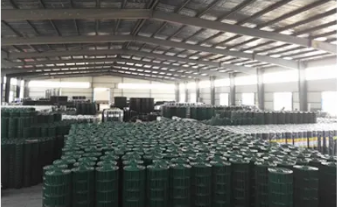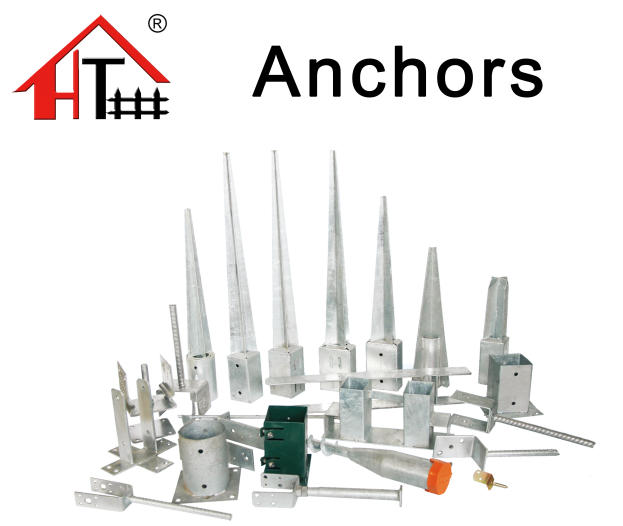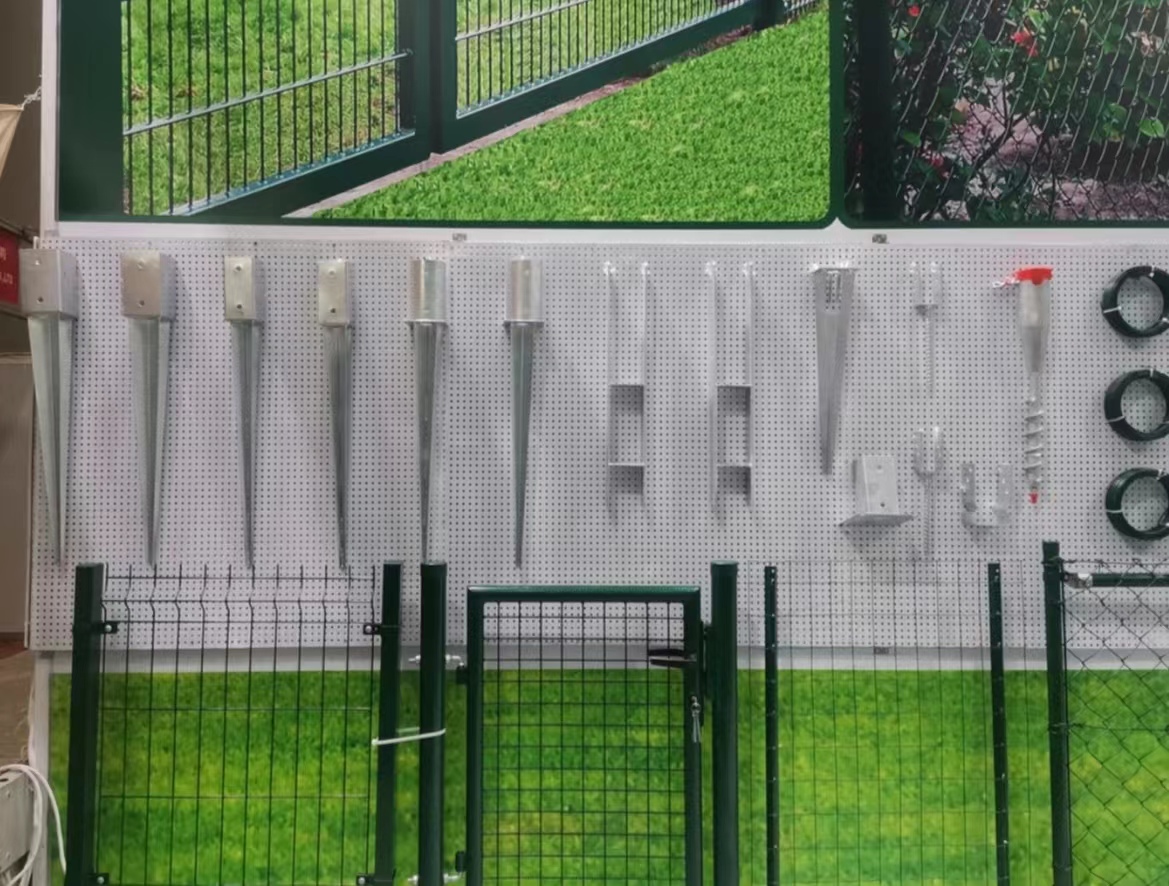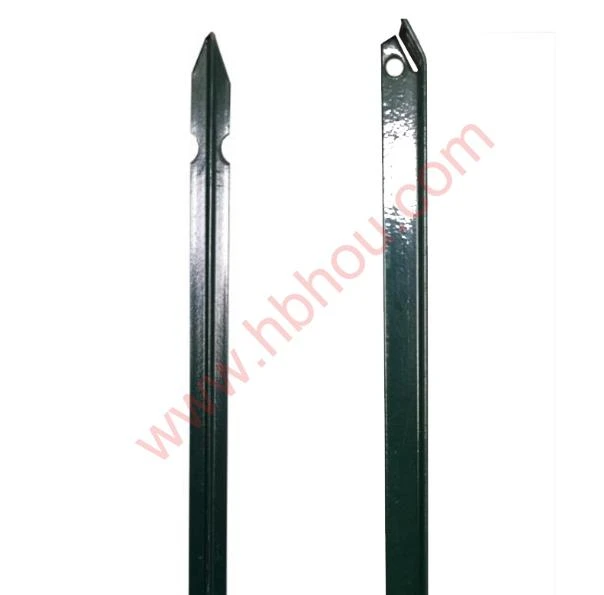Understanding Wire Fence Cost Factors to Consider and Budgeting Tips
When it comes to securing your property, enhancing your garden, or keeping livestock safe, wire fencing stands out as a cost-effective and practical solution. However, understanding the overall cost involved in installing a wire fence can be a bit complex. Several factors influence the price, from the type of wire chosen to the installation method. In this article, we’ll explore these factors, providing insights into budgeting for your wire fence project.
Types of Wire Fencing
The first step in estimating the cost of a wire fence is determining the type of wire fencing you need. There are several common options, each with its own price range
1. Barbed Wire Fencing Often utilized in agricultural settings to keep livestock contained, barbed wire is typically one of the more affordable options. The cost of barbed wire can range from $0.10 to $0.30 per foot depending on the gauge and quality.
2. Field Fencing This type of fencing is somewhat sturdier than barbed wire and is designed to contain livestock more effectively. The cost of field fencing can vary, usually between $0.60 to $1.50 per foot.
3. Chain Link Fencing Although not traditionally categorized as wire fencing, chain link is a popular choice for residential areas and can be an effective barrier. The costs for chain link fencing typically range from $1.50 to $3.00 per foot depending on the height and gauge.
4. Welded Wire Fencing This type is often used for garden areas or to keep pets contained. It usually costs between $0.50 and $2.00 per foot depending on the mesh size and weight.
Installation Costs
After choosing the type of wire fencing, the next significant factor in total cost is installation. Some homeowners opt to handle the installation themselves to save money, while others may hire a professional.
wire fence cost
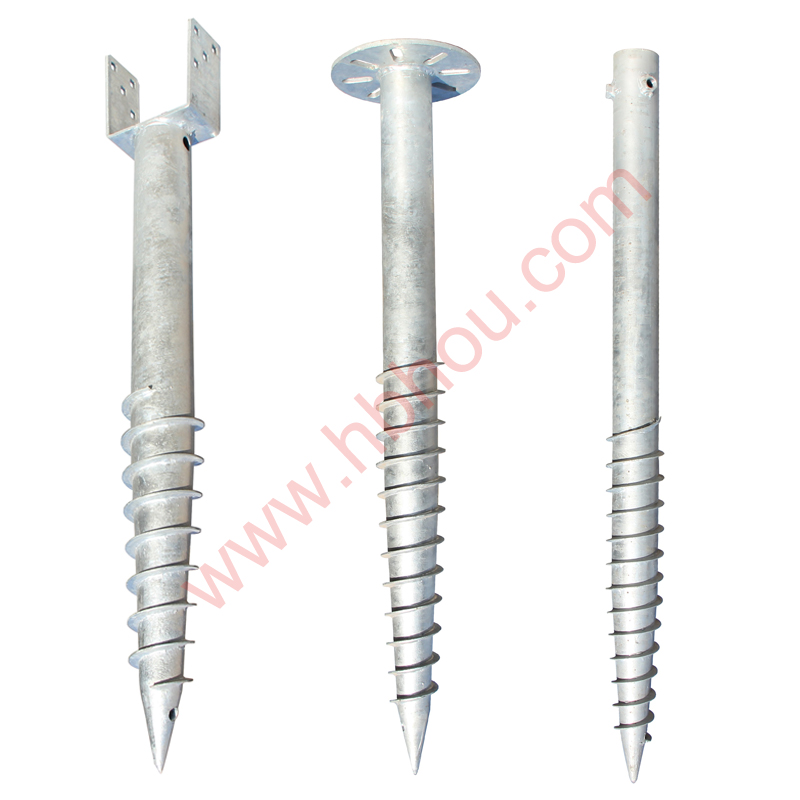
- DIY Installation If you choose to build the fence yourself, you can save on labor costs. However, you’ll need to consider expenses for tools, posts, concrete (for setting the posts), and any additional materials such as gates. Even a DIY installation will usually incur costs ranging from $0.50 to $1.00 per foot for basic supplies.
- Professional Installation Hiring a contractor can significantly increase your total costs, with professional installation fees generally ranging from $2 to $4 per foot. Be sure to get several quotes and check references to ensure you’re getting the best value.
Additional Factors Affecting Cost
Beyond the type of wire and installation method, several other factors can influence the overall price
1. Length of the Fence Naturally, the more footage you need, the higher your total cost will be.
2. Terrain If your property has uneven terrain, inclines, or rocky soil, you may incur additional costs for specialized equipment or extra labor.
3. Permits and Regulations Depending on your local laws, you might need to obtain permits before installing a fence. Check with your local regulations, as permit costs can further impact your budget.
4. Maintenance Although wire fences are relatively low-maintenance, you should still factor in the occasional upkeep, such as rust prevention or repairs after severe weather.
Conclusion
When planning to install a wire fence, it’s crucial to have a clear understanding of the costs involved. By evaluating the type of wire, considering installation options, and taking into account additional factors, you can create a realistic budget that suits your needs. Weighing your options carefully ensures that you invest in a solution that balances durability, effectiveness, and cost. Whether for privacy, security, or livestock management, a well-planned wire fence will provide peace of mind for years to come.









